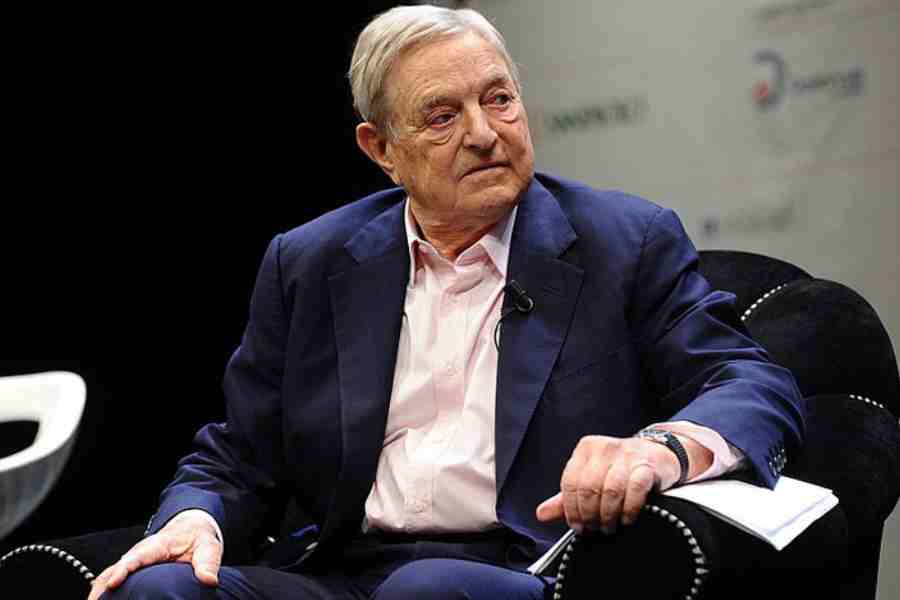By a curious twist of fate, the campaign against Hungarian-American philanthropist George Soros by the Modi government — arguably the most Israel-friendly dispensation till date — is being viewed as part of an “antisemitic conspiracy” by the US state department.
In its annual country report on human rights practices, the campaign against Soros by government officials was included in the section on “antisemitism” at a
time when this issue has assumed a life of its own since Israel began bombing Gaza following the October 7 Hamas attack.
“Government officials made public statements and released social media posts alleging certain Opposition political party figures and diaspora leaders were connected to George Soros, playing on an antisemitic conspiracy theory of an ‘all-controlling Jewish individual’ who was influencing events in the country. On October 6, the BJP’s official X account posted an edited image depicting Rahul Gandhi being
controlled by Soros,” the report said.
No government official was named in this section though external affairs minister S. Jaishankar himself had led the charge against Soros. Elsewhere in the report, there is mention of Union women and child development minister Smriti Irani and BJP IT cell
head Amit Malviya claiming that Sunita Viswanath, the executive director of the US-based Hindus for Human Rights, was “working on behalf of philanthropist George Soros to allegedly ‘destroy India’”.
In February 2023, Jaishankar had described Soros as an “old, rich, opinionated and dangerous” person “sitting in New York who still thinks his views should determine how the entire world works”.
Apart from the regular list of references of human rights violations reported from within the country, including the ongoing imprisonment of JNU student leader Umar Khalid and “bulldozer justice”, the India report also dwells on “transnational repression” that the Government of India is alleged to be engaged in.
“There were reports the government engaged in transnational repression against journalists, members of diaspora populations, civil society activists, and human rights defenders. The government was alleged by other governments, diaspora communities, and human rights groups to have killed persons, or used violence or threats of violence against individuals in other countries, for reprisal,” the report says.
The report mentions Canadian premier Justin Trudeau’s allegation of an Indian government hand in the killing of Khalistani activist Hardeep Singh Nijjar in Canada, but is silent about the US justice department charge that an Indian government official was plotting to kill another separatist, Gurpatwant Singh Pannun, in New York. In the case of Nijjar, the report notes that India had denied the allegation.
As for the human rights violations within the country, the report states that “the government took minimal credible steps or action to identify and punish officials who may have committed human rights abuses”.
Briefing mediapersons on the country reports, senior bureau official for Democracy, Human Rights and Labour, ambassador Robert Gilchrist, was asked what steps the US was taking to make the Indian government accountable.
Stating that the two countries regularly consult at the “highest levels” on democracy and human rights issues, Gilchrist said: “We strongly encourage, urge India to uphold its human rights obligations and commitments. We also regularly meet with civil society representatives, both in the US and India, to hear their perspectives, and those sorts of perspectives inform the Human Rights Report. And we encourage the Government of India to consult and meet regularly with civil society organisations representing a diversity of people…. It remains a key component of our — not just our dialogue but in terms of our engagement with India.”










